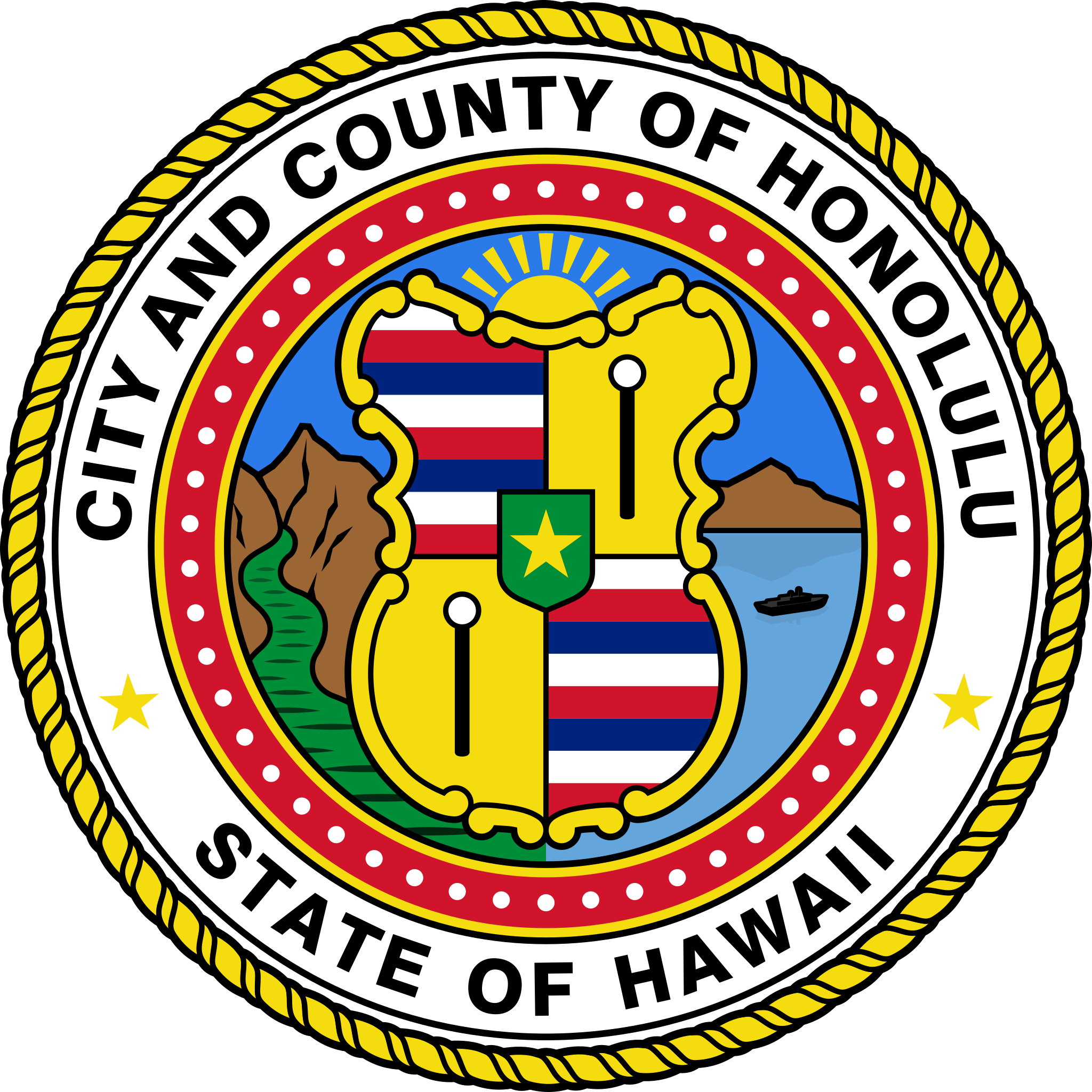Our Services
The Division coordinates advocacy efforts on behalf of older adults, encourages partnerships to improve and expand services, and contracts with agencies to provide services to older adults and caregivers. Please see below for our available services.
Adult Day Care
Adult Day Care provides community-based, daytime supervision and support for older adults who need assistance to remain safely in their homes. This service is offered through Kupuna Care, supported by State of Hawai‘i funding, to help eligible individuals continue living independently while also providing respite and relief for caregivers.
Services may include:
- Personal care (e.g., assistance with bathing, toileting, grooming)
- Health and wellness monitoring
- Structured social, recreational, and therapeutic activities
- Nutritious meals and snacks
- A safe, supportive environment to reduce isolation
The goal is to enhance quality of life, support caregivers, and delay or prevent institutional placement.
Attendant Care
Provides companionship, helpful reminders, and oversight to support kupuna with daily tasks such as preparing meals, shopping for personal or food items, using the telephone, and other light household activities that promote independent living.
Caregiver Counseling
Provides caregivers with individual or group counseling, organization of support groups, training, and information to assist in the areas of decision making, problem solving, and accessing available services to help them fulfill their caregiving roles and responsibilities.
Caregiver Respite
Provides temporary, substitute care or living arrangements for older individuals to offer caregivers a brief period of relief or rest from their caregiving responsibilities. Respite services may include:
- In-home care, such as personal care, homemaker, or other supportive services; and
- Out-of-home care, such as attendance of the care recipient at an adult day care center, senior center, or other non-residential program.
Case Management
Provides professional assistance on a short-term or ongoing basis to help clients identify needs, explore options, develop individualized care plans, link to and coordinate appropriate services, and monitor and follow up to ensure services are effectively meeting the client’s needs.
Congregate Meals
Provides nutritious meals to eligible older adults in a group setting, such as senior centers, community centers, or other designated sites, to promote health, reduce food insecurity, and encourage socialization.
Disease Prevention and Health Promotion Services
Provides health screenings, nutrition counseling and education, and health maintenance programs aimed at preventing or mitigating the effects of chronic conditions such as osteoporosis, hypertension, diabetes, and heart disease. These services promote wellness and support older adults in maintaining optimal health and independence.
Home Delivered Meals
Provides nutritious meals delivered directly to the homes of homebound older adults who are unable to prepare their own meals or access congregate meal sites. These services help reduce hunger and food insecurity, promote socialization and health, and support older adults in maintaining their independence.
Homemaker
Provides assistance with daily living tasks such as meal preparation, shopping for groceries and personal items, managing money, using the telephone, and performing light housework. These services support older adults in maintaining a safe and independent home environment.
Housing Assistance
Provides support to older adults in identifying housing needs, understanding available options, and obtaining adequate housing to improve current living arrangements or relocate to more suitable accommodations. Examples include senior housing apartments, adult residential care homes, foster care homes, assisted living facilities, and retirement or independent living communities.
Legal Assistance
Provides legal advice and counseling delivered by an attorney or by a qualified individual under the supervision of an attorney, to help older adults address legal issues affecting their well-being and independence.
Personal Care
Provides assistance to clients who are unable to bathe, eat, dress, toilet, or transfer themselves safely, supporting their activities of daily living to maintain dignity, health, and independence.
Recreation, Leisure, Physical Fitness
Provides programs designed to promote the health, well-being, and social engagement of older adults through activities such as music, dancing, games, crafts, excursions, and group exercise classes.
Transportation
Provides transportation services to assist older adults in traveling from one location to another. Services may include door-to-door or curb-to-curb assistance to support access to medical appointments, shopping, social activities, and other essential destinations.
Resources
These resources help kūpuna, families, and caregivers find the support they need—from daily care and safety to planning ahead and staying connected. Each guide offers practical tips and trusted information to make the journey a little easier.

